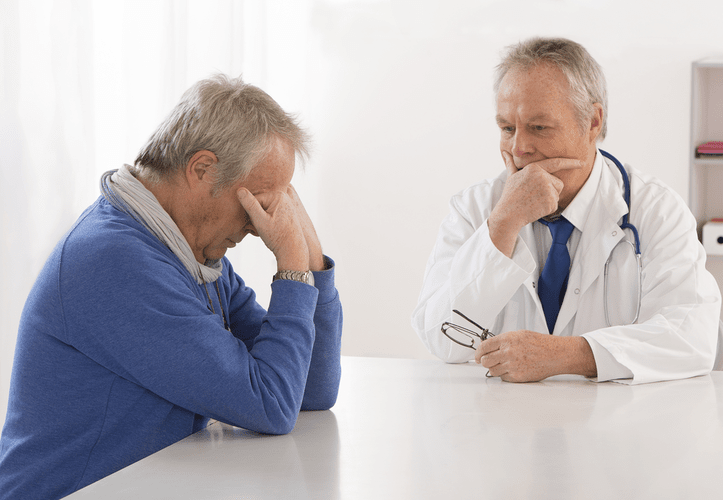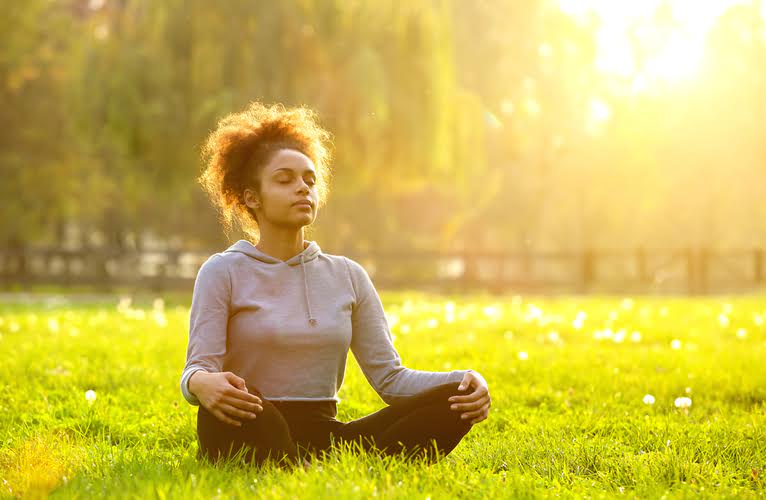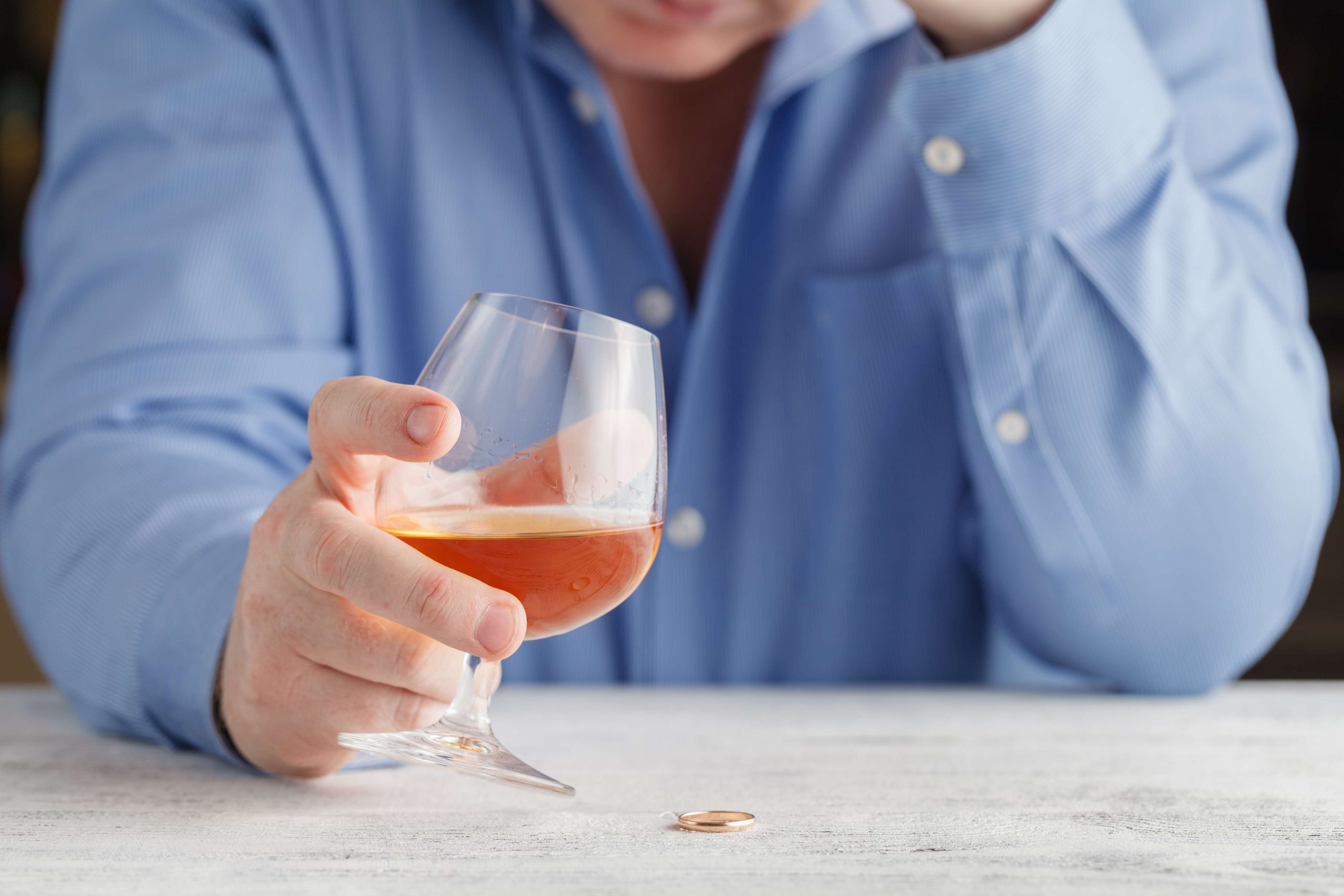Content
Alcohol impairs long-term memory so you may not remember what you do and say when you drink. There is a particularly high risk of developing dehydration if you are using drugs in hot environments such as crowded dance floors or summertime outdoor festivals. As well as keeping your body in shape and taking care of your inner health, exercise improves the blood flow throughout the skin, helping to keep it looking healthy, juicy and plump. Dr Liakas agrees, “One of the ways you can improve the effects is by exercising regularly. Since dry mouth can impact your oral and overall health, you must treat it as soon as possible. Though it may seem like a basic side effect of little to no concern, dry mouth﹘also known as xerostamia﹘is both a concerning symptom of continuous alcohol use and also a symptom of alcohol withdrawal.
Does alcohol dehydrate you? – Medical News Today
Does alcohol dehydrate you?.
Posted: Fri, 29 Oct 2021 02:55:49 GMT [source]
Luckily, it’s possible to get hydration from a variety of drinks, but we have to be careful that we’re not having too much of the ones that dehydrate. After alcohol is absorbed through your stomach and small intestine and moves into your cells, it can disrupt the water balance in your body.
It Can Keep You Up At Night
But if you drink water or eat while you’re drinking alcohol, it may take much longer. Do does alcohol cause dehydration you ever wake up after a night out drinking with your mouth feeling exceptionally dry?
- Reaching for hydrating beverages is the best way to alleviate a hangover’s unpleasant effects — but not every liquid fits this bill.
- Drink water, but replace fluids with a drink that contains electrolytes if you experience significant sweating or fluid losses from vomiting and diarrhea.
- When this happens, you may have acid and food come back up your esophagus, leading to heartburn and reflux.
- And medications for high blood pressure can be affected by alcohol.
So it’s more likely to be there when you take medicine. People who drink may notice that they’re “feeling no pain” sooner as they get older. That’s mainly because our bodies gain fat and lose muscle in our senior years and it takes longer for us to break down alcohol and get it out of our system. This will make the drinks less sugary and more hydrating on top of that. Drinks such as coffee and soda are mild diuretics, although they can have dehydrating effects on the body.
Alcohol Causes Your Body To Lose Water
Beer and wines, meanwhile, tend to have lower alcohol content, though fortified wines like sherry and Madeira pack a kick at above 14.5% alcohol. A person who is already at risk of dehydration from one or more of the above factors should avoid or limit alcohol consumption. Symptoms of dehydration include a dry mouth, dry eyes, chapped lips, and feeling thirsty. Dehydration is the loss of more fluid from the body than is replaced. Dehydration is a common problem among people who use drugs, both during the intoxication and the withdrawal phases, and sometimes requires medical attention. Lighter coloured drinks such as vodka, gin and tequila contain the least amount of additives and are processed by the body quickest. This means that they should have the least impact on your skin, therefore minimising potential damage.
Been thirsty ever since Friday night. Does alcohol do something to you? Like dehydrate you?
— Maya Dykes (@mayadykes) November 24, 2014
If you think logically about it, there’s already water in both wine and beer — they are drinks, after all. According to molecular biologist Patrick Schmitt, drinking water wouldn’t have helped anyway. Neither did my sorry attempt to ease the threatening symptoms by drinking copiously after the event. I’m one of those people who, if it weren’t for modern technology periodically reminding them to hydrate, would probably Sober companion end up looking like a prune in a very short space of time. A full stomach and good old H2O is the closest thing there is to a hangover prevention elixir. Eating a big meal before going out and splurging on top-shelf liquors may help, but the best way to prevent mega morning-after malaise is to stay hydrated all night long. The amount of water you lose through urinating is controlled by the Anti Diuretic Hormone .
It Hurts Your Liver
Long-term heavy alcohol consumption also increases the chance of developing pancreatic cancer. Alcohol irritates the intestine and colon and may decrease the transit time of food through your system. The result is that you may get chronic diarrhea if you drink regularly. Alcohol also relaxes the sphincter in your esophagus that keeps stomach contents where they belong. When this happens, you may have acid and food come back up your esophagus, leading to heartburn and reflux. Alcohol makes you sleepy, so you are likely to fall asleep more easily.

Every alcoholic drink goes “straight to your head,” or at least to your brain. Heavy drinking over a long time can shrink brain cells and lead to alcohol-related brain damage and certain types of dementia. Symptoms of that include lack of judgment, organization, or emotional control, trouble staying focused, and anger issues. Due to the fact that diuretics make you have to go to the bathroom more, people feel like they shouldn’t drink water while consuming alcohol. The human body is made of 60% water and alcohol is a diuretic – hydration is imperative. Whether you’re mixing margaritas by the pool or throwing down shots with your fraternity brothers , protect yourself from alcohol’s side effects by drinking plenty of water.
Our Bright Smiles, Bright Futures Program Brings Oral Health Education To More Than Half A Billion Children Around The World
Factoring in all the risks of benefits, some researchers now conclude that no level of drinking is completely safe. Now that you know the importance of drinking water while consuming alcohol, you’re determined to remain hydrated during your boozy escapade. There are several ways to prevent dehydration while drinking alcohol. Here are five simple ways to easily balance your liquor with your water. That makes beer the clear contender as the least dehydrating, with a big caveat. As important as alcohol content may be, even more important is how much you drink in a given sitting.

A little alcohol—one or two drinks now and then—usually has no serious effects. You can also take a supplement dedicated to keeping your skin, hair and nails healthy which can help repair your skin damages in an efficient manner. Other supplements that can help restore the balance to your skin include vitamins C, E, B1, B6, B2, B3 and Omega 3.
What Causes Dehydration?
’” At a time when many are more sober curious than ever, Rodriguez breaks down the exact effects of alcohol on skin, as well as the benefits of giving up alcohol or imbibing more tactfully. The effects of alcohol on a person depend on the amount consumed and individual tolerance. Bottom line, keep track of the number of drinks you have, and how you feel during, the morning after, and in the following days to get an idea of your personal tolerance. That depends on your weight, age, level of activity, age, the climate of your environment and other factors. Those with diabetes, heart disease, cystic fibrosis and other conditions may need to be cautious. The amount of water you need can also depend on the climate and what clothes you’re wearing.
Your metabolism can turn parts of alcohol into nutrients and energy. This happens at a rate of about one beer, a small glass of wine, or one shot of liquor per hour. Let’s find out why alcohol dehydrates so it may be prevented.
As a general rule, the more alcohol you drink, the more likely you are to have a hangover the next day. But there’s no magic formula to tell you how much you can safely drink and still avoid a hangover. Before you begin drinking any alcohol, begin by drinking plenty of water. “If you then drink a sip of water, the stomach mucosa may be slightly less affected, for a short while,” said Schmitt. “Though this hasn’t yet been investigated, we know it has no effect on a hangover itself in any case.” If you think logically about it, there’s water in both wine and beer — they are drinks, after all.
FUEL FACTS by @SFL_HRM
You should aim for 8 cups of water per day. Fact: Caffeine and alcohol do not count, as these will dehydrate you.— Maritime Races (@MaritimeRaces) June 6, 2016
A single alcoholic drink is enough to trigger a hangover for some people, while others may drink heavily and escape a hangover entirely. A person who is unconscious or can’t be awakened is at risk of dying. If you suspect that someone has alcohol poisoning — even if you don’t see the classic signs and symptoms — seek immediate medical care. Blended drinks, like piña coladas, can help maintain hydration. Depending upon the amount of ice and the ingredients, blended drinks can be fairly hydrating. Just avoid the pre-packaged cocktails and the extra sugary drinks.
Severe and untreated dehydration can be life threatening. It is better to do this sooner rather than later, and the drug may also affect your consciousness and ability to clearly communicate to medical staff what you have taken. If you find that you get overheated after taking a stimulant drug even without much exercise or being in a particularly warm environment, it is a good idea to head to the emergency room. Occasionally, people’s bodies are unable to properly regulate temperature when it becomes elevated, and medical intervention is required. Verywell Mind articles are reviewed by board-certified physicians and mental healthcare professionals.
